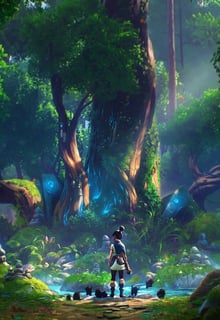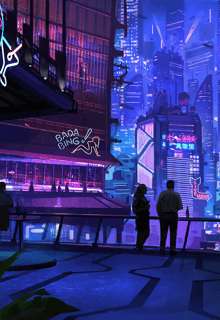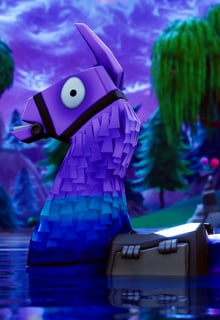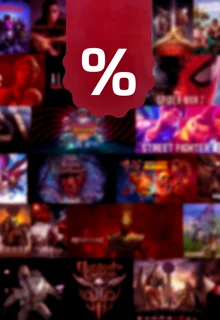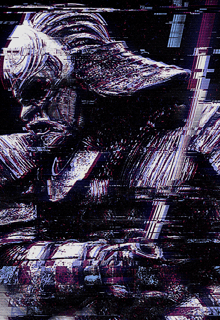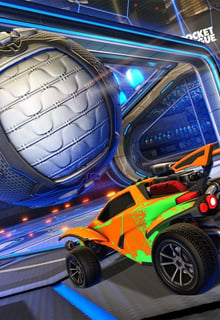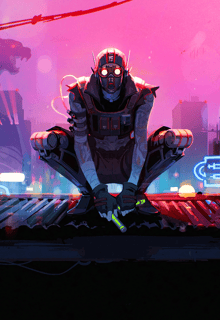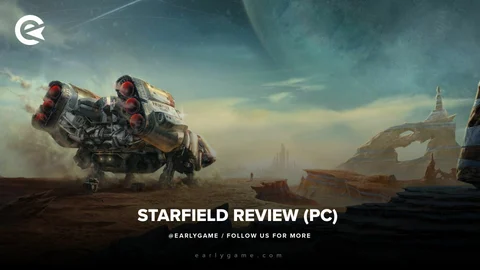In our review of Starfield, we show you why Bethesda's new space adventure impresses us with its variety and polish, but still leaves us a bit disappointed.
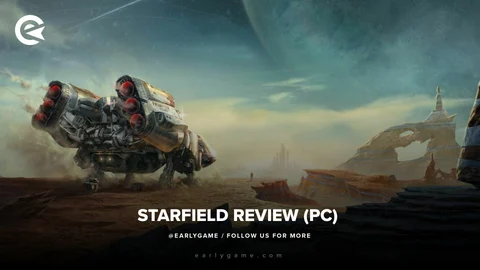
Finally, it's here: Starfield, the long-awaited new game from Bethesda Game Studios. After classics like The Elder Scrolls and Fallout, Todd Howard and the guys are setting their sights on the stars with their first new world in over 30 years. Is Starfield the great sci-fi adventure of our dreams, or are we facing just another fetch quest at the other end of the universe?
| Release Date: | September 6, 2023 |
| Platform: | Xbox Series X|S, PC |
| Developer: | Bethesda |
| Genre: | RPG |
| Price: | $59.99 / €59.99 / £49.99 |
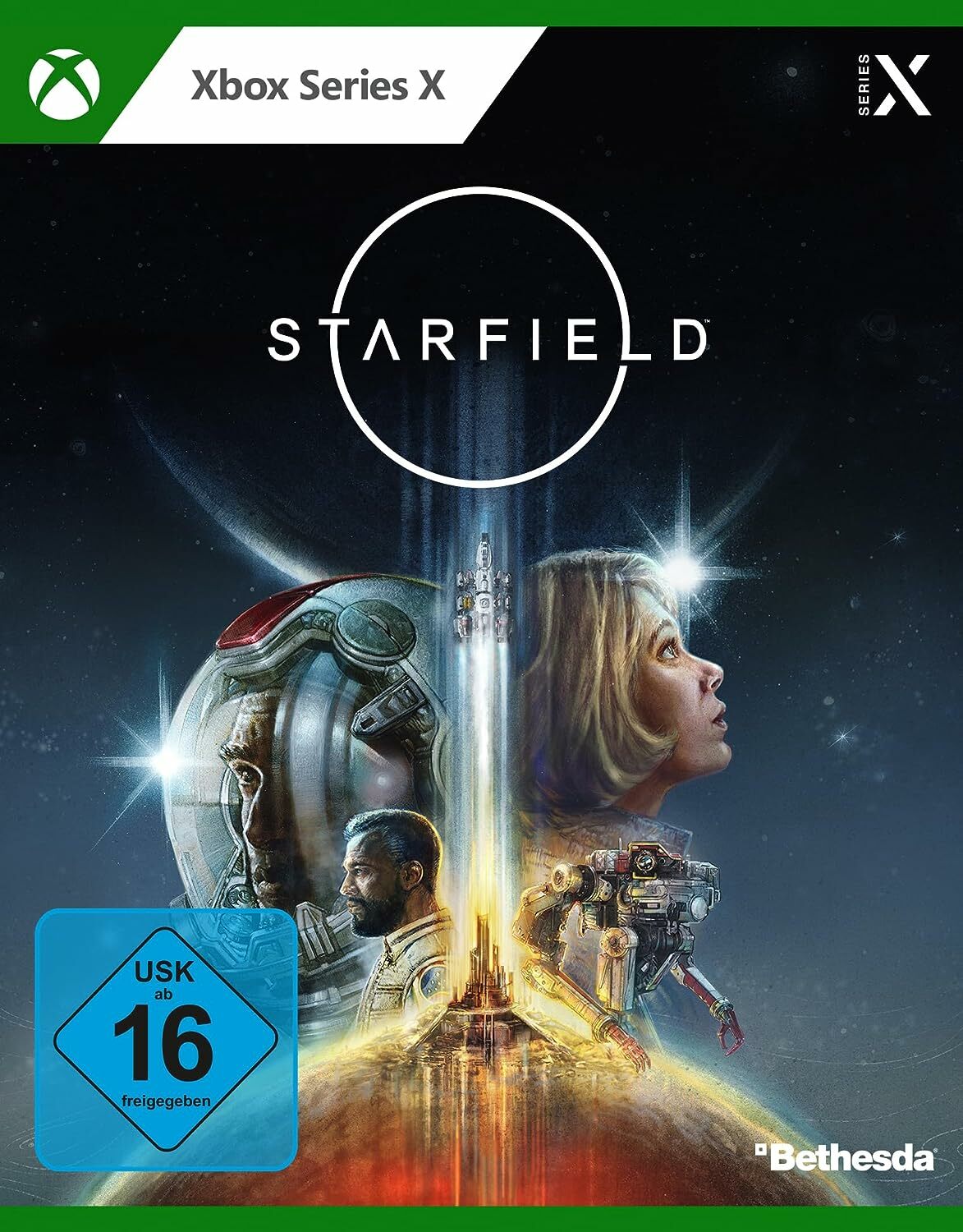
Here you can buy Starfield!
Starfield Review: Familiar, But Beautiful
We must make one thing immediately clear: Starfield is a Bethesda game through and through, for better and for worse. You're getting an absurdly huge world with thousands of quests and planets, a variety of different gameplay systems, extremely detailed world design, and extremely stiff facial animations.
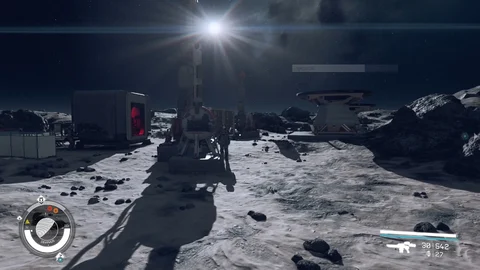
If you've played Skyrim or Fallout 4, you'll feel right at home. However, it quickly becomes clear that some form of evolution has taken place. The basic framework remains the same, but Starfield has certainly made a step forward in many important aspects.This evolution is mainly seen on the technical side. The Creation Engine 2 is used here for the first time, and you feel the upgrade immediately. Graphically, Starfield is an absolute powerhouse at times. You stand on a moon, and the light of the stars illuminates the eternal expanses of the planet in front of you... goosebumps.
With the pretty effects (especially during takeoff and landing from your ship), the presentation of spaceships and spacesuits, as well as the details in the environments, Starfield is often a true feast for the eyes. And the whole experience is actually super polished. We only saw a few minor bugs/glitches during our time with the game, nothing dramatic. Thanks for the Microsoft money, Phil Spencer.Of course, some Bethesda-typical quirks are also par for the course. The most striking, and really the worst, thing in that sense is the way conversations are presented. It's literally still like in Morrowind, and that came out in 2002.
It's genuinely jarring how outdated and stiff the dialogues look here, especially compared to a game like Baldur's Gate 3. And you spend a lot of time with these dialogues; it's still an RPG after all. Unfortunately, this is a major reason why the storytelling of the game is quite disappointing, but more on that later.
Starfield Review: A Little Bit of Everything, Please!
But, Starfield is not just an RPG, it's a Bethesda RPG. Therefore, talking is far from the only thing you do here. There's probably no AAA game with as many different mechanics and systems as Starfield. The most important is, of course, the combat gameplay, which has never been done as well in any previous Bethesda game.
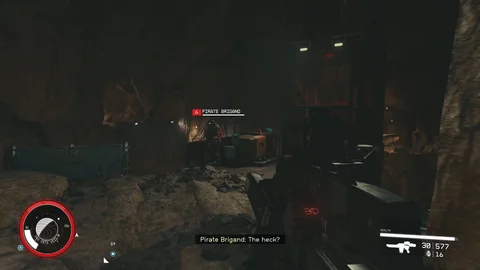
Sure, Starfield is not the best first-person shooter of all time. But the shooting is really fun here (you can also play in third-person, but it's not really recommended for combat). There's a huge arsenal, the weapons pack a punch, they all sound great and are well-designed. With the jetpack feature you can now also get a good dose of mobility and verticality during fights. And playing around with gravity on the various moons is also really cool.
You can not only fight space pirates on planets, but also above them. Ship combat is also a feature. However, the game is less impressive in this aspect. Space combat is not bad, but also not really that good. The battles lack tension and weight. Ships feel clunky to control, everything is somehow quite sluggish, and you don't really do more than to hold the cursor over the enemy and press fire. At least you transfer energy back and and forth between different ship functions, which is really neat.
What else is there in the game? So much! Base building, shipbuilding, crew management, a large skill system, unlocks through research, planet scanning a la No Man's Sky, four types of crafting, and so on. How jam-packed the game is, in terms of mechanics and systems, and how solidly it all works and meshes together, is what makes Starfield special.
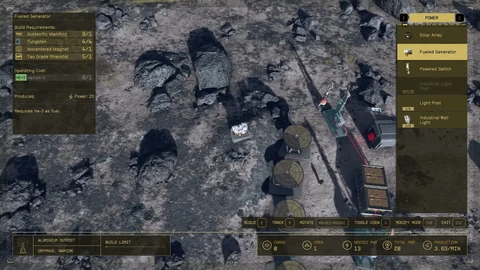
None of these individual parts are exceptionally strong or particularly creative. Starfield is maybe even the least original game of the year, and this year had Diablo 4. In every aspect of the game, you are reminded of other titles that do these individual things better. Mass Effect creates a much stronger connection to your crew and has more exciting space cities. No Man's Sky has perfected the exploration of alien planets. As far as space combat is concerned, Everspace 2 is miles ahead of what Starfield offers.
But Starfield has taken everything these (and many more) games do, and combined it in a mammoth of a title. And that is obviously the mission of this game. The ambition is gigantic, not just in terms of the amount of content, but also in gameplay variety. And Bethesda has passed this mission with flying colors.
If you get into the various systems (and it takes time — Starfield is definitely a slow burn) and get into the flow, you won't come out anytime soon. Starfield is the classic example game where you'll say "I'll just do this one more thing" and suddenly it's 3 a.m.
Starfield Review: Where Is The Magic?
What the game does not manage to achieve, however, concerns the core fantasies of science fiction and space exploration that are touched upon in this game. There's a reason why I have mostly talked about the great graphics and the entertaining, multi-layered mechanics so far. Because Starfield is a mechanical, superficial game. "A mile wide and an inch deep," and this saying absolutely applies to Starfield.
The game's biggest weakness is probably the segmentation of space. Instead of exploring a massive world dynamically like in Fallout or Skyrim, discovering exciting and interesting stories along the way, Starfield sends the player through one loading screen after another.
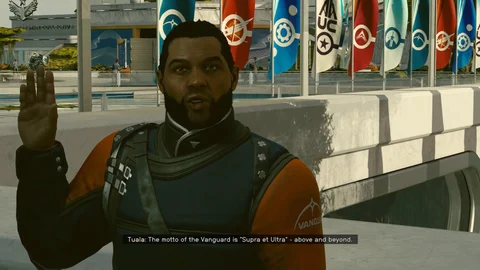
Instead of traveling to planets and systems by yourself, the exploration of space mainly takes place in menus. The next destination is selected in either the star map or the mission menu, and a few button presses and loading times later, you land on the planet.
This is all well-presented and staged, and it also positively contributes to the game's fluid pacing. However, any sense of connection to your main character, your ship, the sheer infinite size of the universe, and our place in it is lost. The game would prefer, almost uncharacteristically for Bethesda, for you to first complete the main missions before doing anything else. And considering that, you might as well select the various missions from a menu and immediately dive into the action, like in Armored Core 6.
Unfortunately, the game's writing, as was the case in Fallout 4, is mostly boring and weak. Sorry, I don't want to bring up Baldur’s Gate 3 again, but coming out a month after the game with the best writing of the year really does not do Starfield any favors. Of the many NPCs, quests, and dynamic moments that crossed my path during my playtime, I am pretty sure that almost nothing will stick with me. Just the fact alone that the main story is a glorified fetch quest... come on...
Conclusion
Sure, Starfield has great atmosphere, the "NASA-Punk" designs and the great music can really pull you into this world. The magic moments can also be found here and there. When I am searching for specific resources and desperately scour one planet after another, I suddenly feel like I'm in Interstellar. Exploring an abandoned mine for ages, engaging in exciting fights with space pirates, and piecing together scattered clues to figure out what actually happened here is truly exciting and thrilling.But these are small drops in a big, big bucket. Starfield is by no means a bad game, of course not. I really enjoy the game and will continue to play it, at least a little longer. But Bethesda's approach to games, where mechanical variety, superficial atmosphere, and sheer size take precedent over everything else, is particularly jarring in a gaming year like 2023. Starfield unfortunately doesn't quite reach the magic that games like Zelda: Tears of the Kingdom, Armored Core 6, or Baldur’s Gate 3 have brought to our screens.But hey, in Baldur’s Gate, I can't build my own spaceship, and as far as I know, Armored Core doesn't have base building. Ok, Zelda has everything... but no laser rifles! Although... it kinda does. Never mind. The point is that Starfield offers you a lot. And if you get into the flow of the game, you will have a lot of fun here. Whether Bethesda has delivered us a classic of the role-playing genre is still written in the stars. Sorry... I had to do it.


